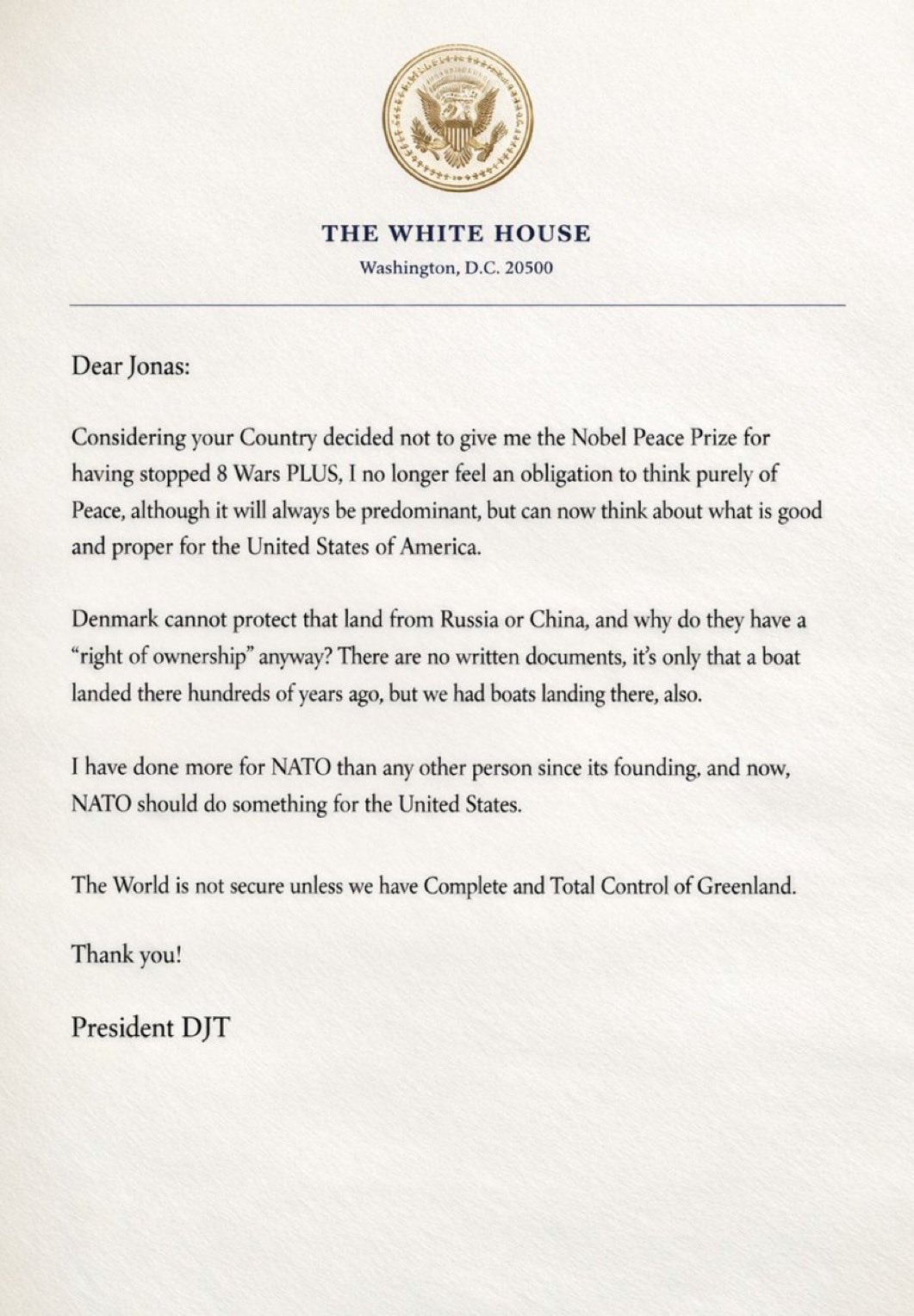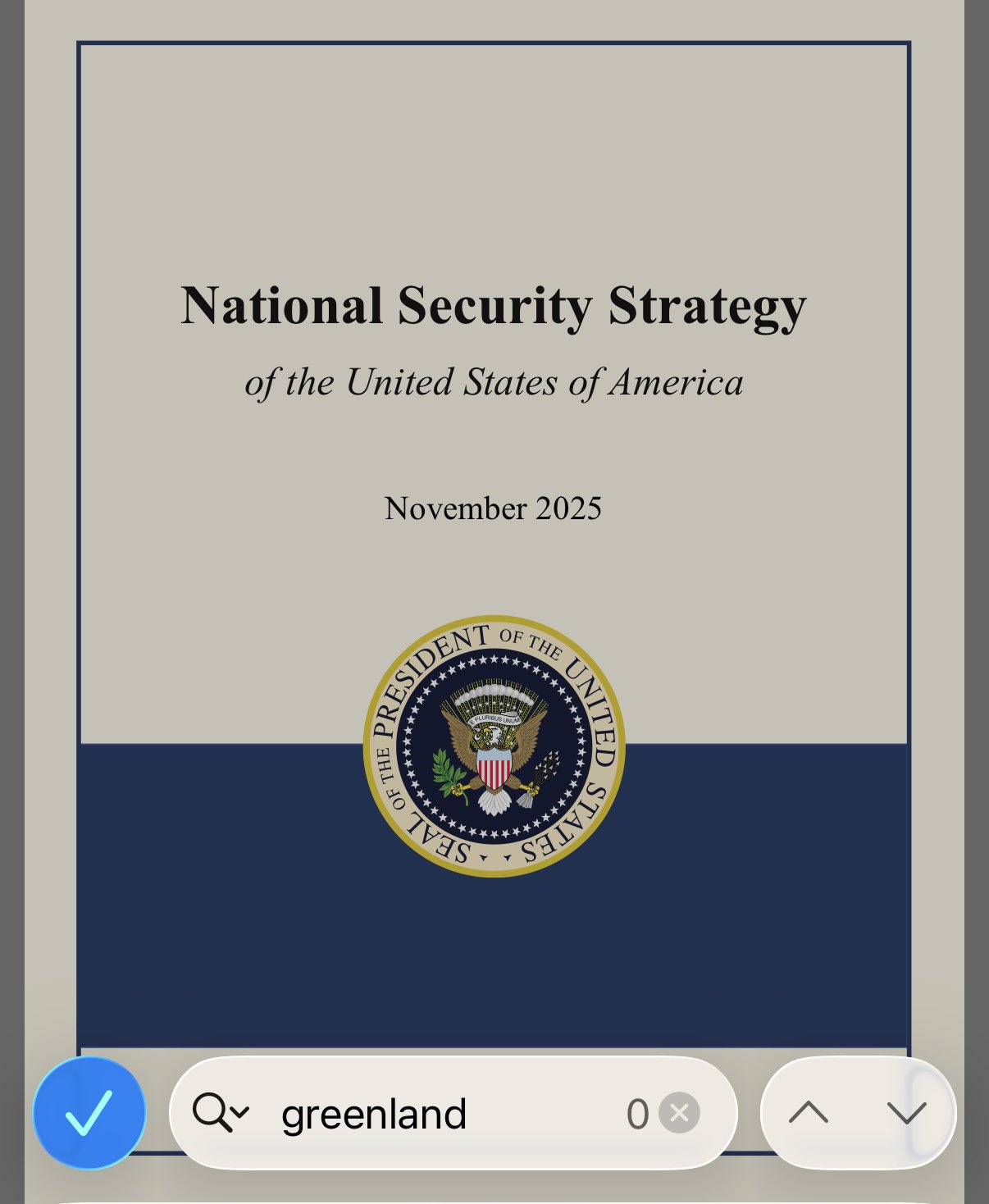The Gaggle Book Club: "The Betrayal of the American Right" By Murray N. Rothbard
Each week, the Gaggle Book Club recommends a book for Gagglers to read and—most important—uploads a pdf version of it.
Our practice is that we do not vouch for the reliability or accuracy of any book we recommend. Still less, do we necessarily agree with a recommended book's central arguments. However, any book we recommend will be of undoubted interest and intellectual importance.
Today's book club selection is "The Betrayal of the American Right" by Murray N. Rothbard. The book, written in the 1970s, argues that the original American right—libertarian, anti-imperialist and rooted in Old Republican non-interventionist ideals—was betrayed during and after World War II by its transformation into a statist, militarist, Cold War conservative movement. Though never published during his lifetime, the book was posthumously released in 2007 by the Ludwig von Mises Institute. Rothbard intended it to be both a personal memoir and a warning.
Born in 1926 in New York City, Rothbard earned a Ph.D. in economics and beame a leading advocate on behalf of the Austrian School. A co-founder of the Cato Institute and later the Mises Institute, he championed laissez-faire economics and strict individual rights.
According to Rothbard, the Old Right, represented by figures like Senator Robert Taft, H.L. Mencken and Albert Jay Nock, opposed both the New Deal and American entry into World War II. They viewed state power and foreign entanglements as the primary threats to American liberty. The "Old Right,"—a term Rothbard uses to describe the original American conservative-libertarian coalition—was committed to: minimal government, anti-interventionist foreign policy, radical decentralization, civil liberties, strict constitutionalism, opposition to war and militarism. These writers vehemently opposed FDR’s policies because they upended classical liberalism and sought to create a welfare–warfare state—the logical endpoint in the transformation of New Deal economics into global hegemonic government.
After World War II, a number of groups coalesced to betray these ideals. Most important were the former leftists—especially the ex-Trotskyists—who migrated into the conservative movement. These people, who were to become known as the "neo-conservatives," pushed a pro-military, anti-communist, global interventionist agenda. Rothbard believed that this transformed the right into a mirror image of the left, with both right and left now supporting big government for military purposes.
Then there were William F. Buckley and his "National Review," who reshaped conservatism into a Cold War ideology by purging the conservative movement of its libertarian and non-interventionist voices. Conservatives now embraced military spending, CIA interventions, the draft and the establishment of a global empire in order to fight the Soviet Union—all things the Old Right would have abhorred.
The mainstream right, under the influence of Buckley, drove out or ignored thinkers such as Rothbard, who argued against the conservative embrace of war, the Pentagon and the CIA.
Rothbard wrote "The Betrayal of the American Right" in the 1970s, at a time when he felt increasingly alienated from both the left and right. The libertarian movement was growing, but many younger libertarians had no idea of the movement’s earlier roots. He wanted to reclaim the true history of libertarianism and expose the ideological realignment that distorted it.
The book's blend of populism, anti-interventionism and economic liberalism influenced later libertarian-populist ideas and political movements, particularly those associated with Ron Paul and Patrick J. Buchanan. Donald Trump also took up some of the themes, but failed to follow them with any consistency.
Murray Rothbard's "The Betrayal of the American Right" is an important book; it is key to understanding the evolution of the American Right from its heyday of opposition to FDR's foreign and economic policies to its days in the doldrums when it was purged and expelled from mainstream conservative discourse (courtesy of Buckley and the "neo-conservatives" ) to its surprising revival in the populist movements of Paul, Buchanan and Trump.
















